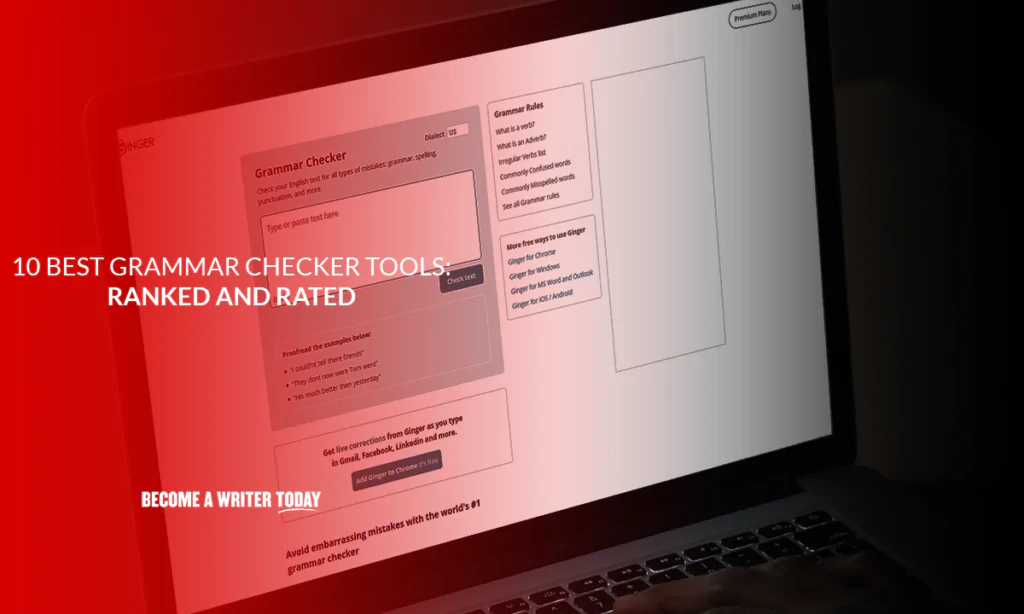Want to Write Online?
As Seen On

Writing Software Reviews
We try and test the best writing software and apps. Read some of our popular reviews.
Writing Resources
Watch, listen and learn from podcasts, videos and courses about the craft of writing from Become a Writer Today.
YouTube
Watch our videos packed full of writing advice, software reviews, tips, interviews, and book-round-ups on our channel. ⏯️
Courses
Get help with writer’s block, self-publishing, and earning more money as a writer in these popular courses. ✍️
Podcast
Listen to interviews with New York Times best-selling authors and other top writers. Get practical advice that works. 🎧
Writing Blog and News
Our team of expert writers publishes practical advice about the craft of writing.
Essay About Being Grateful: 5 Examples Plus Prompts
Looking at life in a more appreciative way is key to success and happiness. Read…
7 Best Stan and Jan Berenstain Books For Children
Discover the best Stan and Jan Berenstain books in our detailed guide, with several titles…
7 Best Czech Authors: Discover Czech Literature Today
Experience the beauty and mystery of Bohemia through our expert guide with the best Czech…
How to Build Your Content Flywheel: A Step-by-Step Guide
A back catalogue of work gives you more chances to find an audience, promote and…
33 Best Coffee Table Books: Add Some Style and Sophistication to Your Home
Browse our list of the best coffee table books to make a statement. Add one…
9 Best Sri Lankan Authors to Begin Your Exploration Into Sri Lankan Culture
Discover our guide with the best Sri Lankan authors who have brought their country’s heritage to…

Writing Advice That Works
Our team has written thousands of articles covering all types of writing, book genres, niches, tools, famous authors, and the written word. You can start your writing journey today.

Need Writing Software?
We regularly review and profile the best writing tools, apps, grammar checkers, and AI writing software, so you can find one that works best.

Great Books
Our team of writers has read and reviewed the best books and authors across various genres. Never run out of items for your reading list.








